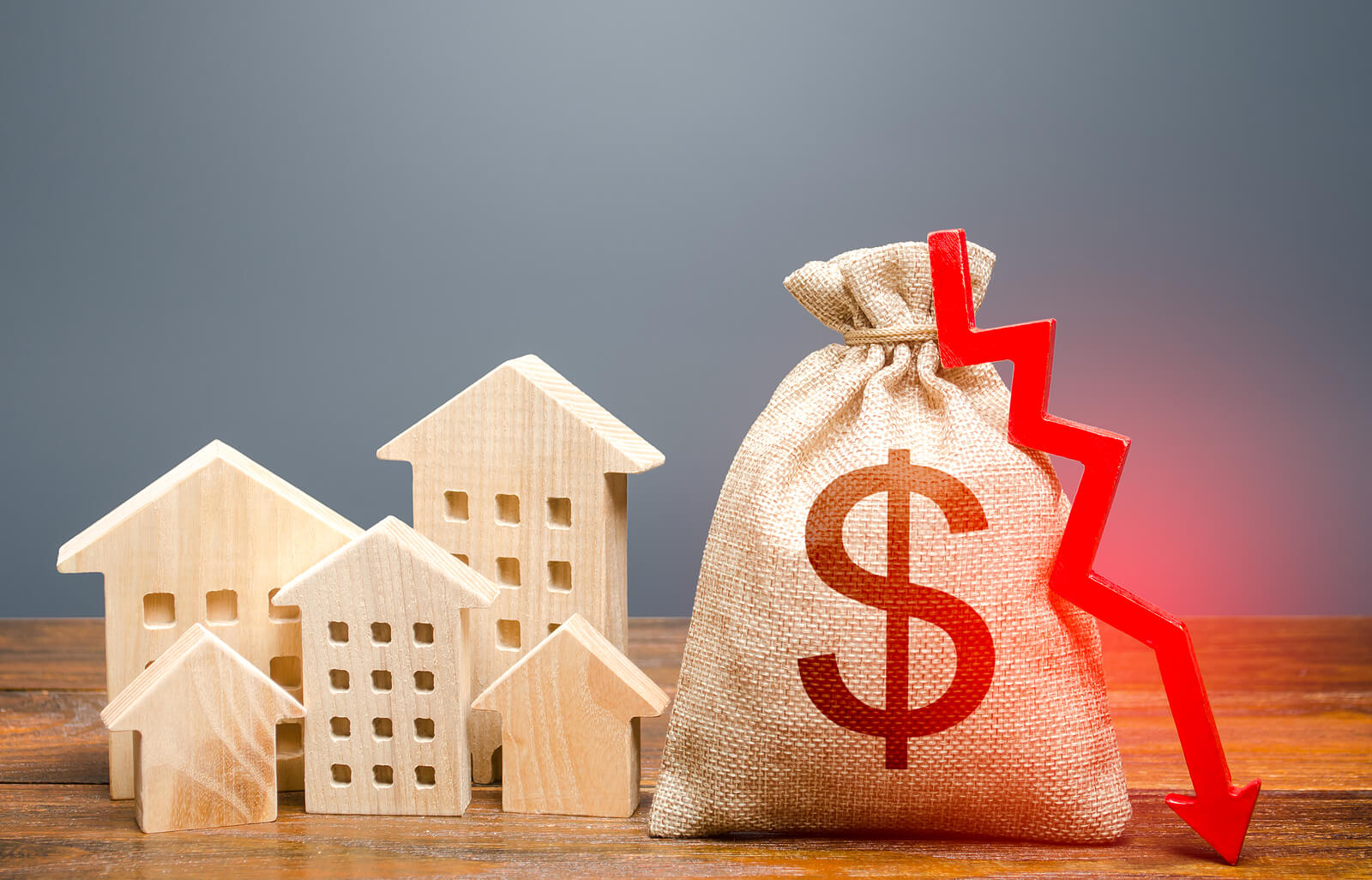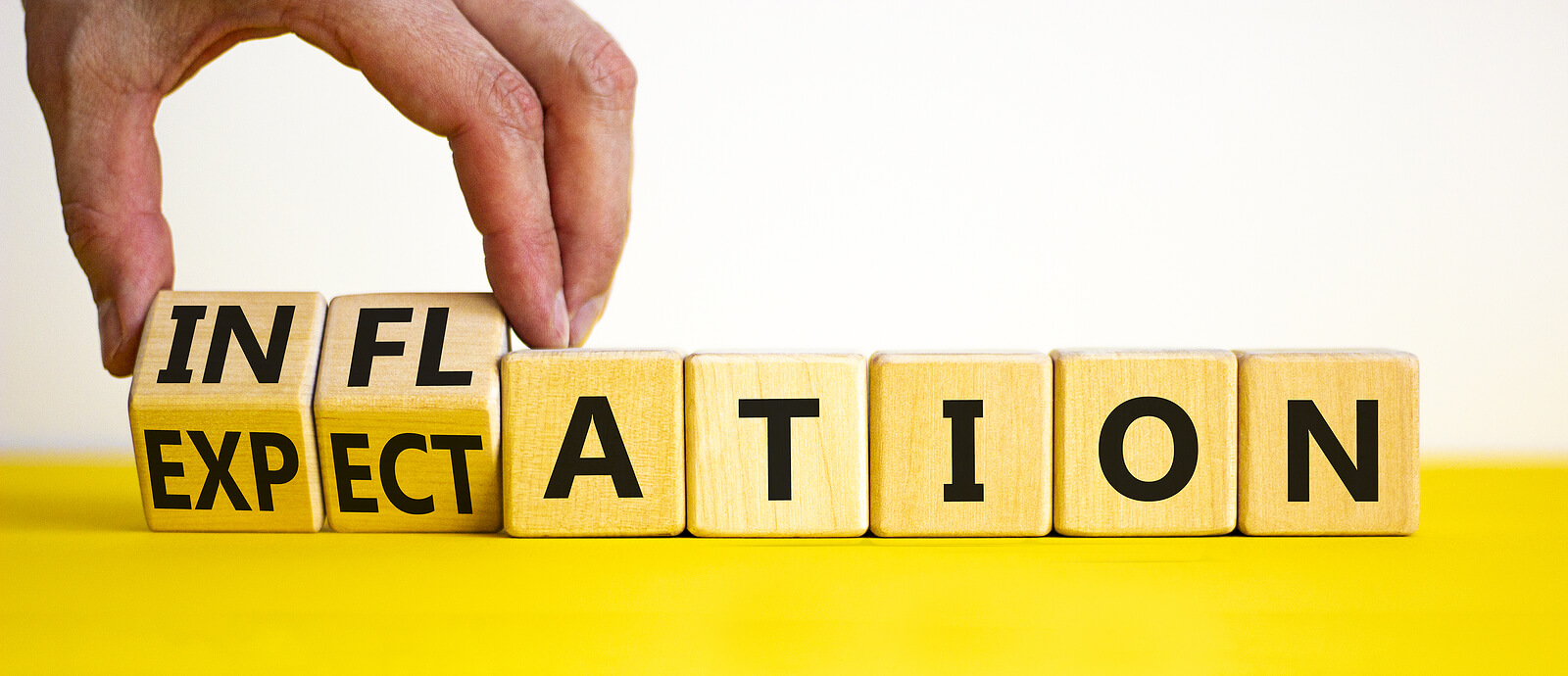Chicagoland’s Housing Boom Officially Over, Prices Expected To Fall
The Housing Boom is Over
For the first time since the pandemic-era housing boom began, Chicago-area home sales in May dropped below the level of pre-COVID years, a clear signal that the boom is gone. Record high inflation, fast-rising mortgage interest rates (doubling from 3% in January to almost 6% in June), and record low inventory has packed quite a punch.
There were 11,641 homes sold in the nine-county metropolitan area in May, according to recent data. In the five years—2015 to 2019—before the pandemic, May home sales averaged 12,058. Prior to May 2022, each month in 2022 had sales that were below the corresponding month in roaring 2021, but above the pre-pandemic norm.
Sales in the city remained well above the pre-pandemic average in May. There were 3,299 homes sold in Chicago in May, compared to the pre-pandemic five-year average of 2,364. But sales keep falling and will match the suburbs, and median prices have been flat 5 months in a row.
In many Chicago suburbs earlier this spring, the number of homes on the market hit an epochal low of less than enough inventory to supply a single month of sales. A healthy market has four to six months’ inventory.

What To Expect For Rest of 2022
We expect no major change in homes sales, which will remain low especially compared to last summer. For the next few months, there will be continued high prices with little selection available. No one knows when we will have a buyer’s market, but prices might fall off at end of summer. Combination of inflation and higher interest rates will slow demand, by end of the year the rate of appreciation will slow.

3 Things Killing The Chicagoland Home Market
- Inflation Rate– At record levels, this leaves the average buyer with less money to spend on housing each month.
- Interest rates– To slow inflation, the Feds cool the economy by raising it’s overnight lending rate. The mortgage interest rate is roughly equal to inflation rate plus normal interest rate. So if inflation is 9%, you would expect 30-year mortgage rate to be 12%. So we expect rates to continue to go up through the end of the year. Should this work, mortgage rates will flatten but in the meantime we will feel the pain of high mortgage rates plus a recession. Adjustable rates will start to look better, as first-timers try to keep their payment down using the lower rates of the initial teaser period used by these products.
- Housing Supply– Homeowners are sitting on low interest rates, so they are staying put to avoid buying new home at much higher rate. Offsetting this a bit is the increase in new construction but these tend to be higher priced so it might not help first-time buyers who need resales of older, more affordable homes.
The net result? It will be difficult for first-timers to buy homes but prices will finally fall.
